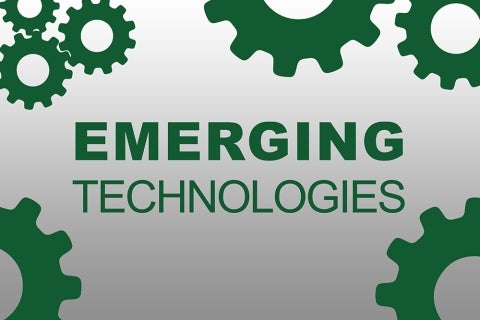Managing Uncertainty: How Soil Carbon Feedbacks Could Affect Climate Change
A new Yale-led paper makes the case that developing meaningful climate projections will rely on understanding the role of “soil carbon turnover” — and how it might trigger climate feedbacks in a warming world.
